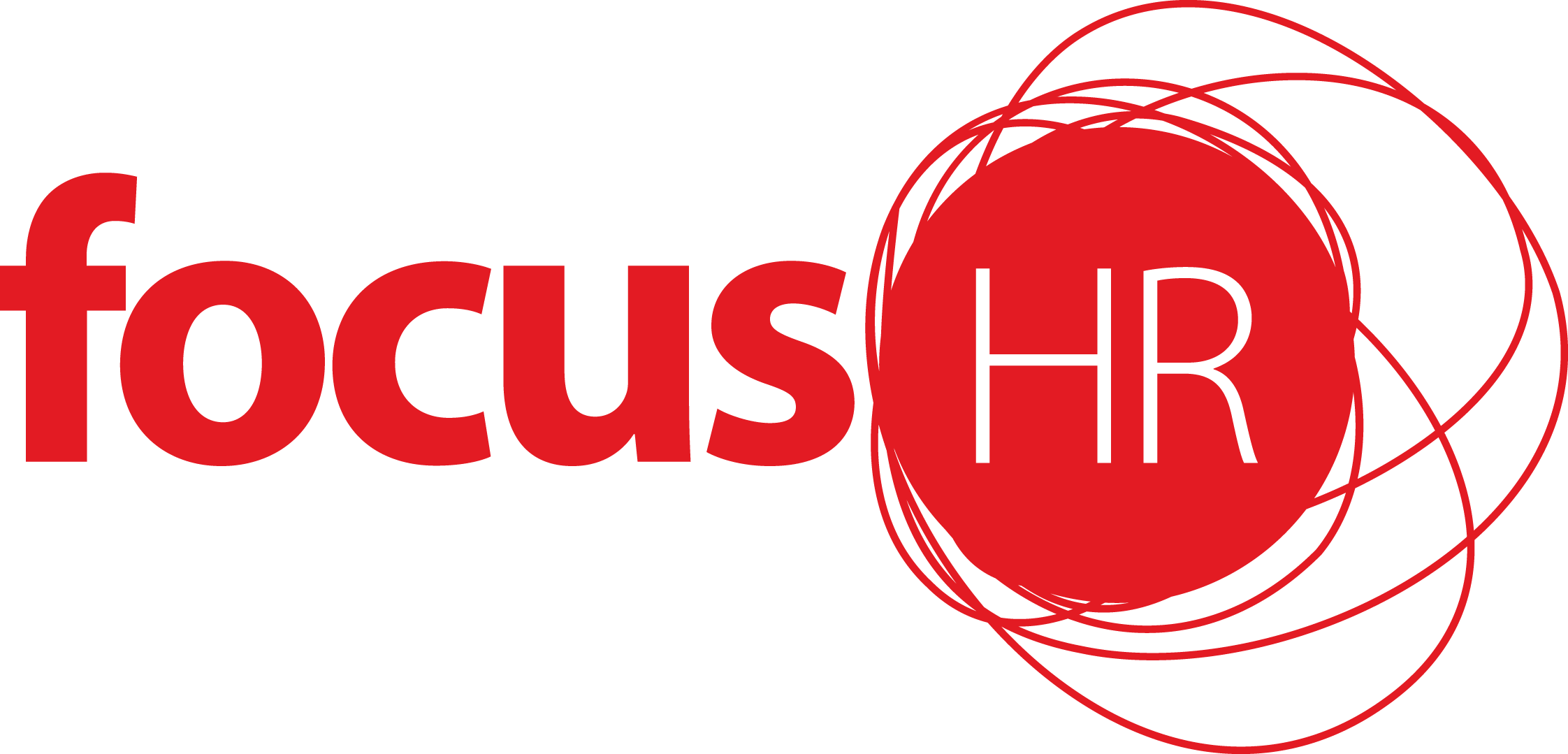In today’s working world, ensuring a safe, respectful, and inclusive environment isn’t just good leadership, it’s a legal and moral responsibility. Workplace bullying and sexual harassment remain real challenges, even in organisations with clear policies in place. The missing link? Awareness.
The strongest policies mean little without a culture that understands and upholds them. That’s where training comes in, But not just any training – quality, engaging and ongoing education that builds awareness, accountability and a shared standard of respect.
Prevention Starts with Awareness
At the heart of every respectful workplace is a shared understanding of what behaviour is, and isn’t, acceptable. Yet in many organisations, especially those under pressure or undergoing change, the lines between what’s appropriate and what’s harmful can become blurred. That’s why awareness is the critical first step in prevention.
Many people don’t intend to cause harm – but intent doesn’t change impact. Problematic behaviours often emerge from poor habits, cultural blind spots, or longstanding dynamics that have been tolerated for too long. Behaviours like eye-rolling in meetings, exclusion from social events, suggestive jokes, or undermining someone’s contribution might seem minor in isolation, but when repeated or left unchecked, they create a toxic environment and legal risk.
Quality training builds awareness by helping individuals:
-
Understand the full scope of bullying and sexual harassment – from overt behaviours (verbal abuse or physical intimidation) to subtle microaggressions (inappropriate jokes, belittling, social exclusion, or repeated teasing). These “low-level” behaviours can have significant psychological impacts over time and put businesses at a high risk of a psychosocial claim.
-
Recognise intent vs. impact. A person may not intend to offend or intimidate, but the impact on the recipient is what matters. Training encourages reflection on how our words, tone, or actions may land with others, especially in diverse teams where perceptions and boundaries can vary.
-
Identify early warning signs. These might include staff withdrawing from conversations, showing signs of distress, or informal comments like “that’s just how they are.” The earlier these signs are recognised and acknowledged, the sooner they can be addressed, before they escalate.
-
Break the culture of silence. Often, people don’t speak up because they fear being seen as overreacting or not being believed. Training helps normalise respectful conversations about behaviour and provides frameworks for safe, constructive feedback when someone crosses a line, intentionally or not.
When teams know what respectful behaviour looks like, and feel confident calling it out, you move from reactive crisis control to a proactive culture of care. Because when people know better, they do better.
If you’re ready to take a proactive step toward building a safer, more respectful workplace, get in touch with Focus HR to explore the right training approach for your organisation. We offer training solutions that empower teams, support leaders, and help create lasting cultural change.

